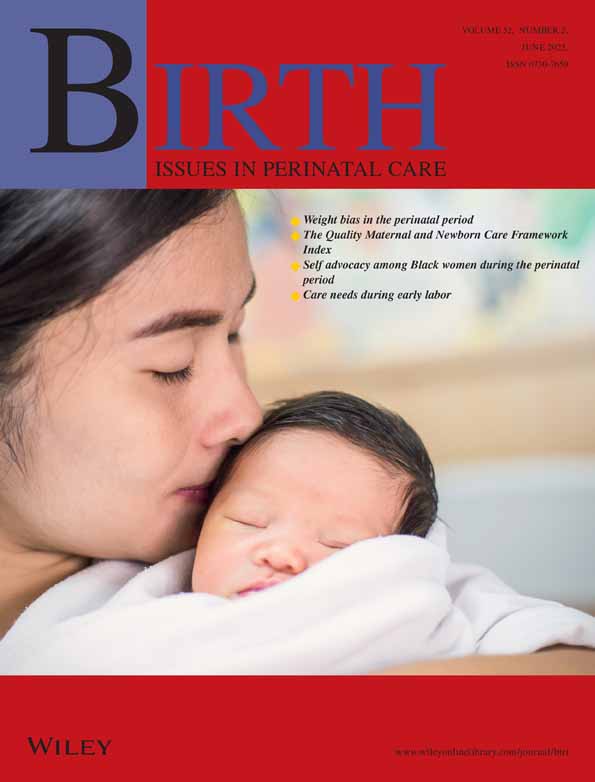Volunteer Peer Counselors Increase Breastfeeding Duration Among Rural Low-Income Women
This study was funded by the U.S. Department of Agriculture, ES/WIC Initiative Competitive Grants Program, Washington, D.C.
Abstract
Background:
The purpose of this demonstration project was to test the effectiveness of a volunteer peer counseling program for promoting breastfeeding in a community.
Methods:
The two-year project was conducted in Iowa from September 1994 to September 1996. Both intervention and control groups were rural low-income pregnant and postpartum women who qualified for the Women, Infants and Children's (WIC) nutritional program. The intervention was initiated in two counties with 143 clients, of whom 72 completed the project. The control group was drawn from six counties that had received no significant breastfeeding promotion programs during the previous three years. The intervention was the assignment of trained volunteers with previous successful personal experience with breastfeeding as peer counselors to low-income pregnant women. Both before and after the baby was born, the volunteers taught a series of in-home, one-to-one lessons about healthy diet and breastfeeding, and maintained informal contact to answer questions or help with concerns.
Results:
Women in the intervention group improved dietary intake when compared with the control group. Knowledge of breastfeeding and good nutrition improved slightly. Eighty-two percent of intervention compared with 31 percent of control group women initiated breastfeeding. Mean duration of breastfeeding for intervention and control group women was 5.7 and 2.5 weeks, respectively. At 4 weeks, 56 percent of intervention and 10 percent of control group women were still breastfeeding.
Conclusion:
A volunteer peer counseling program that provides low-income women with role models, accurate information, support, and encouragement can increase the duration of breastfeeding, and thus contribute to healthier infants. (BIRTH 25:2 June 1998)




